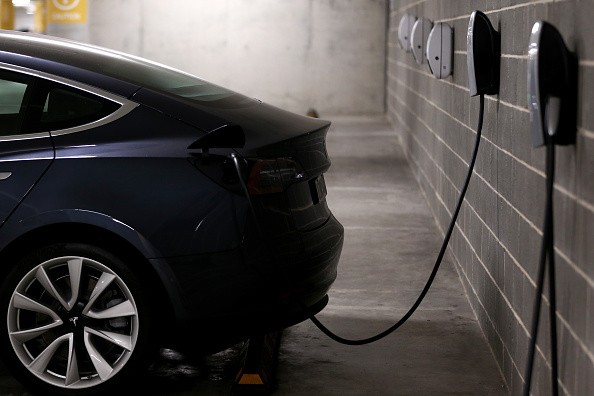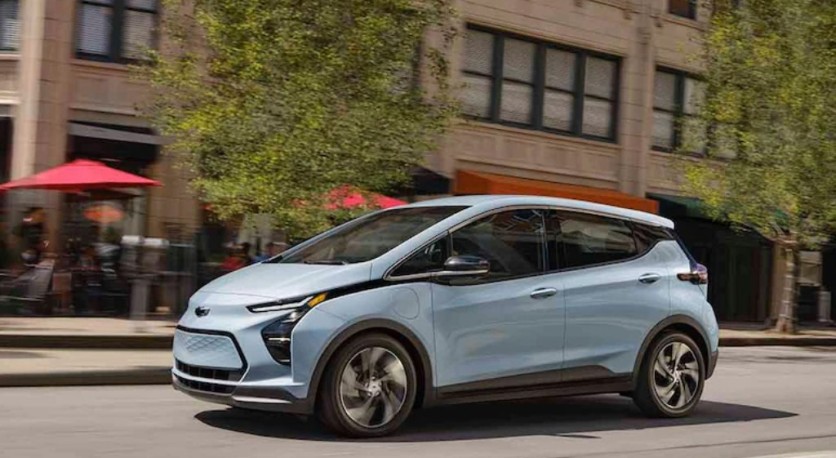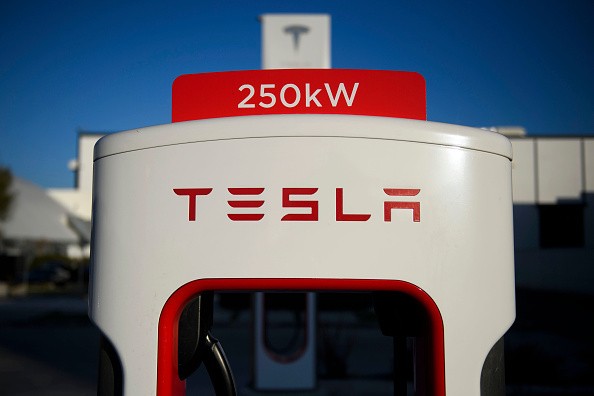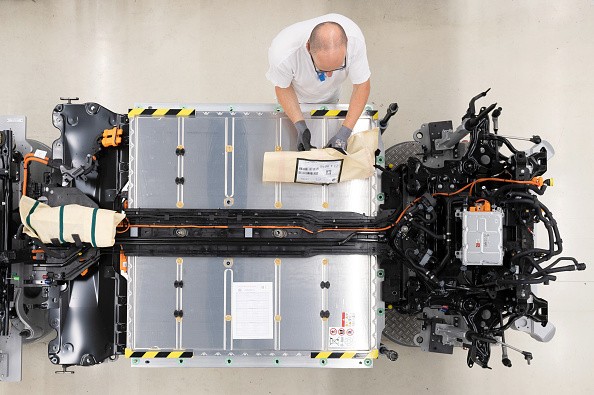Electric cars are slowly becoming more common today, and maybe that's a good thing if the world really wants to keep climate change in check. But like every other effort to put the climate crisis under control, more of it is needed.

That's the conclusion of several scientists working on the Intergovernmental Panel on Climate Change in an April 4 report. According to PBS.org, the aforementioned scientists stated that electric cars are indeed helping the world slow down climate damage by limiting the growth of emissions.
They cited specific reasons for the relatively good news: renewable energy and EV batteries are getting cheaper to produce, alongside sweeping policy changes from world governments. All of these have contributed to a slowdown in the growth of climate change over the past decade, but scientists argue there's still more to be done.
You can check out the full report on the IPCC website if you want to see it in its entirety.
All in all, what could happen within the foreseeable future is this. If the world decides to produce EVs "more aggressively," we can expect an insane 80-90% reduction in total greenhouse gas emissions by 2050. That is a massive number and a great one at that. But as per the original PBS report, it would require a "major, rapid rethinking of how people get around."
Global Electric Car Adoption Rates
One can argue that EV makers such as Tesla have made electric cars far more common and ubiquitous than they've ever been.
Data from ChargeAndRecharge UK revealed which countries sold the most plug-in EVs over the past year. In terms of sheer market size, China dwarfs every other country in the world at 1.2 million EV sales in 2020. In second place is Germany, with a relatively paltry 394,943, followed by the United States (328,000), France (185,719), the United Kingdom (175,082), and Norway (105,709).

These numbers are all well and good, but they're still not where climate researchers want them to be-especially if EVs are billed as the world's silver bullet for climate damage. Furthermore, the increasing ubiquity of electric cars is still facing some pushback from a lot of people.
In the United States alone, for example, electric cars remain unappealing for the main reason that folks still love their classic gas guzzlers. This has reportedly nothing to do with people's lack of environmental awareness, but everything to do with American car culture as a whole. People still want to buy their cars by going to the dealership, putting the cash down, and driving the very car off the lot on the same day.
EV makers like Tesla, however, don't always sell vehicles like that. As per ScreenRant, these companies almost always prefer that people order their cars online, so they can ship them.

There's Still The Trouble Of Rising Battery Costs
EVs are indeed great for the environment on their own. But the one iffy thing about them is how their batteries are manufactured.
All electric car makers, including Tesla, require heaps of raw materials such as nickel to produce batteries. These raw materials will need to be transported from where they are mined. But transporting them will require fossil fuels, whose prices have been increasing over the past few months. Furthermore, Russia being a key nickel supplier is putting another dent in EV makers' pockets, which can result in the price of EV batteries going up even higher, reports CNBC.
From there, the math is simple. Expensive batteries mean expensive electric vehicles. The high price tag on an EV will scare people away into buying cheaper, gas-powered cars. If the world wants to achieve a drastic decrease in global greenhouse emissions via electric vehicles, it must start with this concern and move on from there.

Related Article : Are Electric Vehicles Really 'Green' At All? Here's The Science
This article is owned by Tech Times
Written by RJ Pierce
ⓒ 2025 TECHTIMES.com All rights reserved. Do not reproduce without permission.

![Best Gaming Mouse For Gamers With Smaller Hands [2025]](https://d.techtimes.com/en/full/461466/best-gaming-mouse-gamers-smaller-hands-2025.png?w=184&h=103&f=6fd057ef777bd39251d4e7e82e9b23f1)


